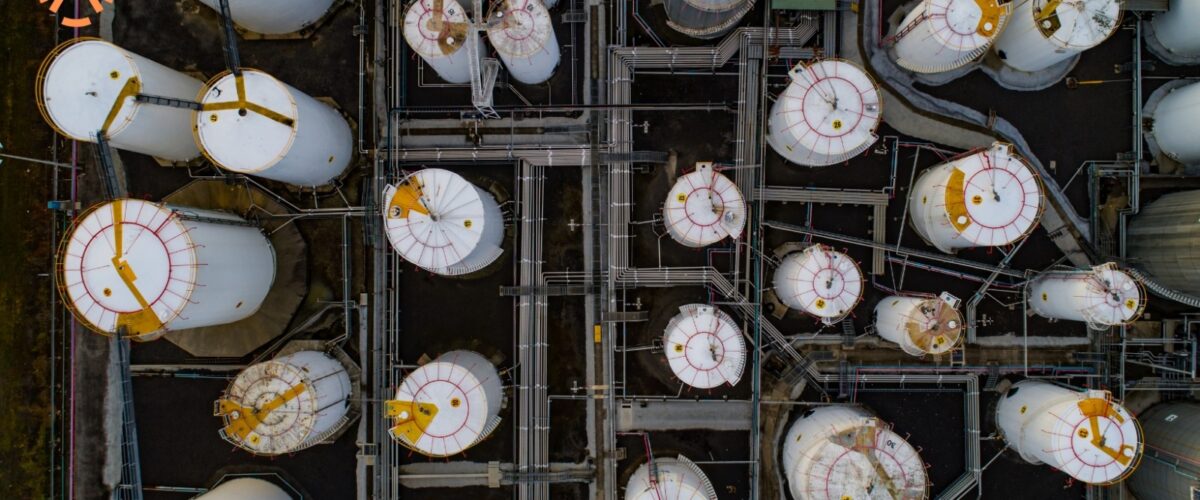Exploring Petrochemical Processes: From Crude Oil to Products!
Introduction: Unraveling the Complexities of Petrochemical Processes
In the vast landscape of industrial processes, few are as intricate and vital as petrochemical production. Petrochemicals, derived from crude oil, are the building blocks of countless everyday products, from plastics and pharmaceuticals to fertilizers and textiles. Understanding the journey from crude oil to these end products is crucial for comprehending the modern industrial world.
The Origin: Crude Oil Extraction
Petrochemical processes begin at the source: crude oil extraction. Vast reserves of crude oil lie beneath the Earth’s surface, awaiting extraction through drilling operations. Once extracted, crude oil undergoes a series of processes to refine it into usable components.
Refining: Transforming Crude Oil into Usable Components
Refining is the pivotal stage where crude oil undergoes transformation into various petrochemical products. This process involves distillation, where crude oil is heated to separate it into different fractions based on boiling points. These fractions include gasoline, diesel, jet fuel, and various petrochemical feedstocks.
Cracking: Breaking Down Complex Molecules
Cracking is a fundamental process in petrochemical production, where complex hydrocarbons are broken down into simpler, more valuable molecules. This can be achieved through thermal cracking, catalytic cracking, or hydrocracking, depending on the desired products and process conditions.
Polymerization: Building Blocks for Plastics
Polymerization is the process of combining monomers to form polymers, the backbone of plastics and synthetic materials. Ethylene, propylene, and other olefins obtained from cracking processes serve as primary building blocks for polymerization, leading to the creation of a vast array of plastic products.
Aromatization: Producing Aromatic Compounds
Aromatics are a crucial class of chemicals derived from petrochemical processes, with benzene, toluene, and xylene being the most common. These aromatic compounds serve as precursors for various chemicals, including solvents, dyes, and pharmaceuticals.
Downstream Processing: Refining Petrochemicals into End Products
Downstream processing involves further refining petrochemicals into end products, tailored to specific applications. This includes polymer processing for plastics, formulation for pharmaceuticals, and blending for fuels, ensuring that the final products meet stringent quality standards.
Environmental Considerations: Balancing Industry with Sustainability
While petrochemical processes are essential for modern life, they come with environmental considerations. Efforts to minimize environmental impact include recycling, reducing emissions, and developing alternative feedstocks. Sustainable practices are vital for the long-term viability of the petrochemical industry.
Avavin Petro: A Reliable Partner in Petrochemical Supply
Amidst the vast landscape of petrochemical suppliers, Avavin Petro stands out as a reliable partner for businesses worldwide. With a commitment to quality, reliability, and sustainability, Avavin Petro delivers a comprehensive range of petrochemical products to meet diverse industry needs.
Conclusion: Navigating the Petrochemical Landscape
Exploring petrochemical processes unveils the intricacies of modern industrial production, from the extraction of crude oil to the creation of essential everyday products. Understanding these processes is essential for navigating the complex landscape of the petrochemical industry and ensuring a sustainable future.
Written by Emir Narin

